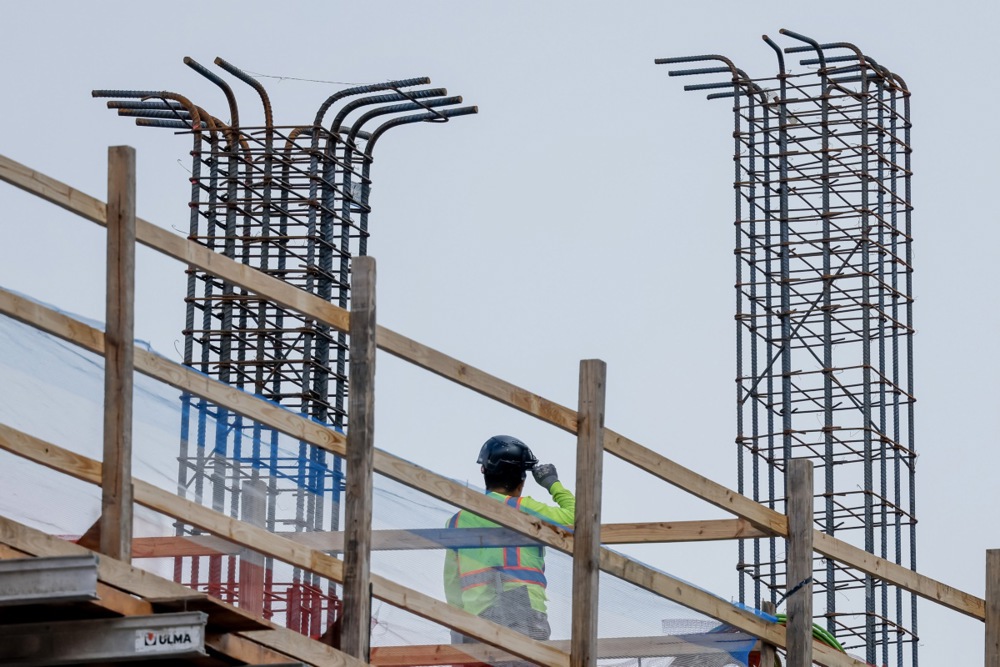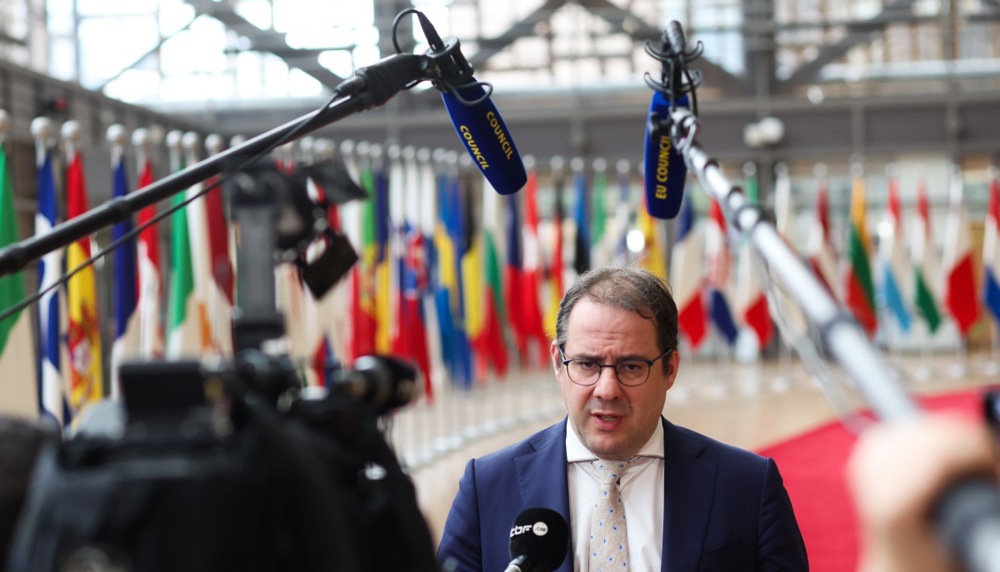Europe’s steel sector says it is being sacrificed to preserve broader trade relations with Washington.
A key safeguard measure on steel – an import limit meant to shield European producers from foreign competition – is set to expire in the coming weeks. While US duties on European metals have already doubled, the EU has not planned to protect its domestic market as part of the US deal.
The deadline to make that deal is July 9, and concerns are growing within the industry that this timeline is too short or that steel may be omitted from the negotiations in order to increase the chances of reaching an agreement.
The EC has concentrated its negotiations on non-tariff issues such as tech regulation and carbon border measures, part of a broader effort to de-escalate trade tensions before July 9.
“Even if the EU wanted to move fast, it’s not realistic”, Christofer Govaerts, chief strategist at Belgian bank Nagelmackers told Brussels Signal.
The remark comes amid reports that the EU could agree to a 10% blanket US tariff on most European goods—an option officially denied by Brussels—instead of facing sector-specific import taxes, steel being one of the main sectors that could be omitted.
Unlike London-Brussels’ post-Brexit agreement, which set fixed import allowances at reduced tariffs for sensitive goods, the EU’s draft so far has offered no specifics for steel — only internal discussions with the industry.
Even if steel was added to that agreement before July 9, it would take time to bring concrete relief to steel producers.
Govaerts pointed to the UK-European Union post-Brexit talks as a cautionary example. “That deal took over two years. So moving fast is definitely unrealistic. Trump assumes he can strike a comprehensive trade accord with Brussels in days, that’s fantasy”, he told Brussels Signal in an interview.
One possible model the EU is reportedly pushing for in its negotiations with the US before the deadline, is UK–US agreement reached last month, a limited scope deal that remains Trump’s only signed trade pact so far.“Trump thinks he can move faster with Europe than with China or the UK,” said Govaerts.
“But the kind of framework he used with the UK does not mean much. There are no clear conditions, no details. It is not credible that a full deal will happen by July 9.”
For Europe’s steelmakers, who have been facing a sharp rise in Chinese and Turkish imports, time is starting to run out.
“Steel is symbolic and has a cultural heritage in Europe,” Varg Folkman, an analyst at EPC’s Political Economy Programme, told Brussels Signal on June 23.“It is fundamental for many industries,” he added, citing car manufacturers as an example.
Imports of cheap steel, especially from China, are one of the main concerns.
Folkman said Chinese overcapacity was a structural phenomenon: “Overcapacities do not only come from subsidies.
“In China, when the State calls a sector strategic [such as steel or cars], entrepreneurs rush in to make money, even when there is already fierce competition. Companies survive thanks to state aid, cheap loans, and land. Many make no money — they just create surplus capacity and flood export markets.”
He added that, while Chinese firms may operate at a loss, the aim was to outlast competitors. “They survive this way and hope that in the future, when there is less competition, they will turn a profit.”
Govaerts was similarly blunt about the European position: “The Trump playbook is to punch first and negotiate later. That works once or twice but markets are catching on.”
Indeed, even amid war, volatility and mounting distrust in Washington, oil prices have barely edged up, seemingly more and more decoupled from geopolitics., volatility and mounting distrust in Washington, oil prices have barely edged up, seemingly more and more decoupled from geopolitics.
“Even if Brussels wanted to retaliate now, it would need broad internal backing and that is not guaranteed,” Govaerts concluded.





